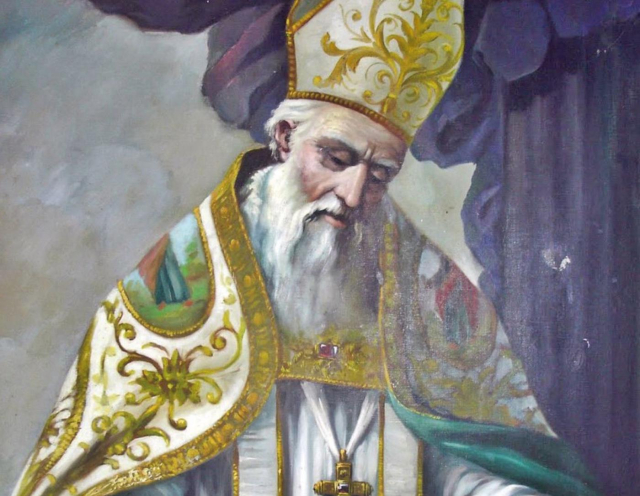Saint Albert the Great , also known as Albert the Great, was a leading philosopher, theologian, and scientist of the 13th century. His contribution to the history of thought and faith has left a lasting legacy. Discover how his dedication to the pursuit of knowledge and his deep religious faith made him a revered figure in the Catholic Church and in human intellectual history.
The early years and education of Saint Albert the Great
Saint Albert the Great was born in Lauingen, Bavaria (present-day Germany ), around the year 1206. From a young age, he showed a great interest in study and an insatiable curiosity about the world around him. He entered the University of Padua , where he studied liberal arts and became acquainted with the leading philosophers and scientists of the day.
The education of Saint Albert the Great was diverse and spanned a wide range of disciplines. He studied logic, metaphysics, astronomy, physics, mathematics, and theology, demonstrating exceptional ability in each. His inquisitive mind and ability to integrate different areas of knowledge laid the foundation for his philosophical and theological approach.
The influence of Saint Albert the Great on philosophy and science
Saint Albert the Great was one of the first medieval thinkers to combine Aristotelian philosophy with Christian theology. Through his writings, he developed a systematic philosophical approach that addressed questions about the existence of God, human nature, and the relationship between faith and reason.
In the field of science, Saint Albert the Great was a pioneer in the observation and study of nature. He conducted research in fields such as botany, zoology, geology and mineralogy. His detailed studies on the properties of substances and natural phenomena laid the foundation for the further development of experimental science.
Saint Albert the Great and his influence on theology
Theology occupied a central place in the life and work of Saint Albert the Great. As a theologian, he drew on the teachings of the Church and Aristotelian philosophy to develop a deeper understanding of the mysteries of the faith. His theological writings addressed topics such as the nature of God, creation, morality, and salvation.
Saint Albert the Great was also a defender of the harmony between faith and reason. He held that human reason was a divine gift that could be used to understand and deepen faith. His integrative approach influenced many later thinkers and was instrumental in the development of scholasticism, a dominant philosophical and theological current in the Middle Ages.
The Holiness and Legacy of Saint Albert the Great
The contribution of Saint Albert the Great to philosophy, science and theology was recognized in his time and continues to be valued today. His dedication to study and his incessant search for the truth made him a respected and admired figure in his time.
Saint Albert the Great was canonized as a saint by Pope Pius XI in 1931 and is revered as the patron of scientists and the natural sciences. His example of wisdom, humility, and commitment to faith continues to inspire generations of thinkers and believers.
The life and work of Saint Albert the Great are a testimony to the importance of the search for knowledge, the integration of different areas of knowledge and deep religious faith. His holiness and his legacy continue to be a beacon of inspiration for those seeking to understand the world and their place in it. Saint Albert the Great is an enduring example of wisdom and faith that transcends the barriers of time and remains relevant today.
